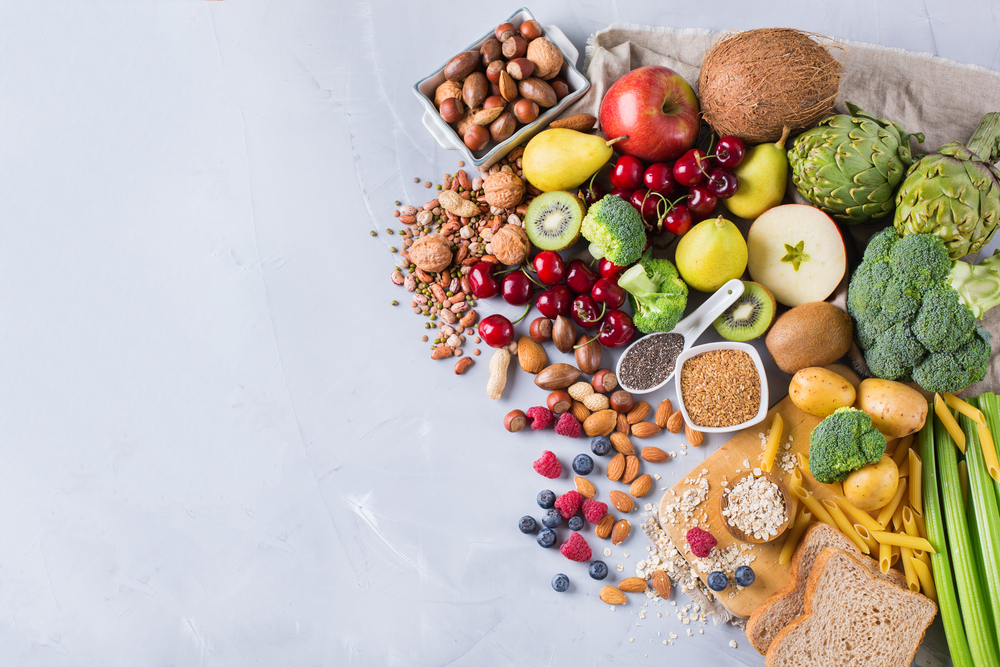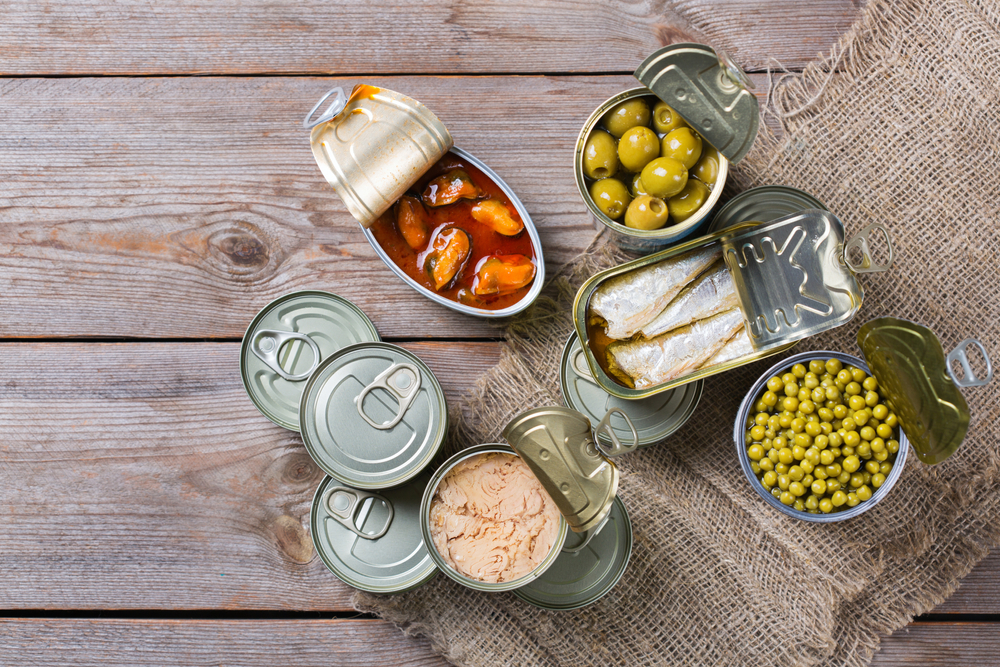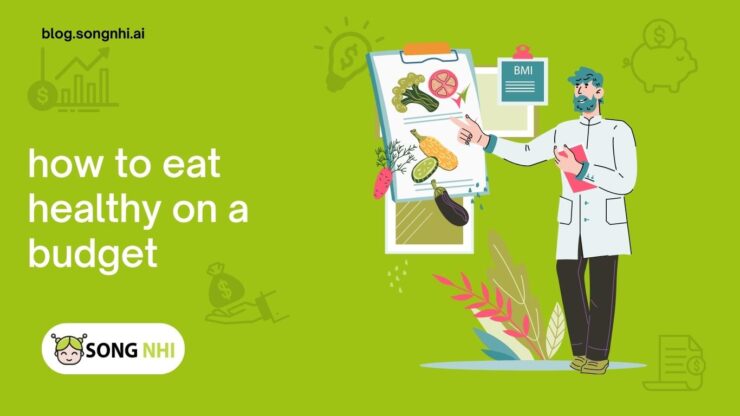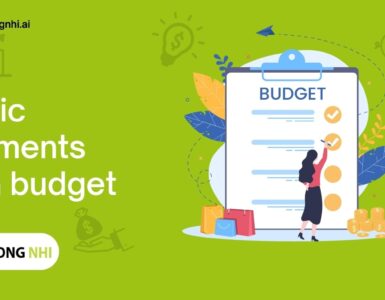Maintaining a healthy diet is essential for overall well-being, but many people believe that eating healthy comes with a hefty price tag. The truth is, it’s possible to nourish your body with nutritious foods even on a budget. In this article, we will provide you with practical tips on how to eat healthy without breaking the bank.
1. Plan Your Meals
Meal planning is a key strategy for eating healthy on a budget. Set aside time each week to plan your meals and create a shopping list. Focus on simple, nutritious recipes that use affordable ingredients. This helps you avoid impulse purchases and reduces the risk of food waste.
2. Embrace Whole Foods
Whole foods such as fruits, vegetables, grains, and legumes are not only nutrient-rich but also cost-effective. Opt for seasonal produce, as it tends to be more affordable and fresh. Buy whole grains in bulk, as they provide more value for your money compared to processed or pre-packaged foods.

3. Cook at Home
Preparing meals at home is not only healthier but also more cost-effective compared to eating out or relying on convenience foods. Cooking allows you to have full control over the ingredients and portion sizes. Batch cooking and meal prepping can save time and money by allowing you to prepare larger quantities and enjoy leftovers throughout the week.
4. Buy in Bulk
Buying pantry staples and non-perishable items in bulk can lead to significant savings. Look for bulk bins at grocery stores or consider joining a local co-op or wholesale club. Stock up on items such as rice, beans, lentils, oats, nuts, and seeds, which are versatile, nutritious, and have a long shelf life.
5. Compare Prices and Shop Smart
Take the time to compare prices at different grocery stores or online platforms to find the best deals. Look for sales, discounts, and coupons to stretch your budget further. Consider shopping at farmer’s markets or local produce stands, as they often offer fresh, affordable produce.
6. Limit Processed Foods and Beverages
Processed foods and sugary beverages tend to be expensive and provide less nutritional value. Minimize your consumption of packaged snacks, sugary drinks, and pre-packaged meals. Instead, focus on whole, unprocessed foods that offer more nutrients per dollar.
7. Utilize Frozen and Canned Foods
Frozen fruits and vegetables can be just as nutritious as fresh ones and are often more affordable. They have a longer shelf life, reducing the risk of food waste. Canned foods such as beans, tomatoes, and fish can also be economical and convenient options to include in your meals.

8. Reduce Food Waste
Food waste not only affects the environment but also impacts your budget. Plan your meals carefully, use leftovers creatively, and store food properly to extend its shelf life. Consider composting food scraps to reduce waste and improve sustainability.
9. Grow Your Own Food
If you have access to outdoor space or even a windowsill, consider growing your own herbs, vegetables, or fruits. This can be a cost-effective way to supplement your diet with fresh produce and add a sense of satisfaction and connection to your meals.
Related articles:
- A Step-by-Step Guide to Financial Planning
- Take Control of Your Finances
- How to Budget Money on a Low Income?
- How to Create a Budget for Effective Financial Management?
10. Stay Hydrated and Opt for Tap Water
Staying hydrated is vital for your health, but purchasing bottled beverages can add up quickly. Opt for tap water instead, which is cost-free and readily available. If you prefer flavored water, infuse it with fresh fruits or herbs for a refreshing twist.
Conclusion
Eating healthy on a budget is entirely achievable with some planning, smart shopping, and mindful choices. By meal planning, embracing whole foods, cooking at home, buying in bulk, comparing prices, limiting processed foods, utilizing frozen and canned foods, reducing food waste, growing your own food, and staying hydrated with tap water, you can nourish your body while being mindful of your finances. Remember, healthy eating is an investment in your well-being, and with these practical tips, you can make it a sustainable and affordable part of your lifestyle.

















